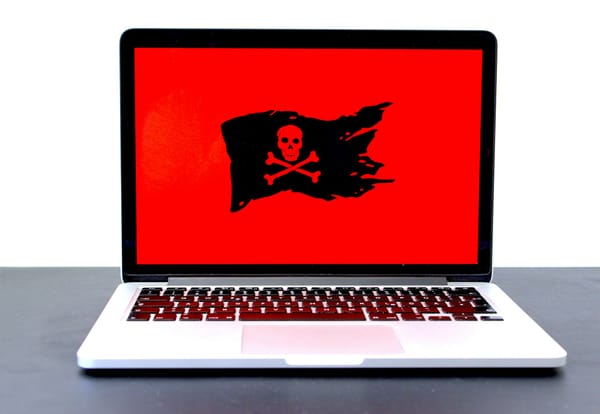Claim of 7-Zip Zero-Day Vulnerability Debunked

A recent claim that popular open-source file archiving utility 7-Zip harbored a zero-day vulnerability has been dismissed as false by the program’s developer.
Claim of 7-Zip zero-day flaw posted on X
The allegation on social media platform X (formerly known as Twitter) stirred up controversy as a user with the handle @NSA_Employee39 stated the intention to release zero-day exploits as a holiday gesture for the user’s followers.
The user shared what was purportedly exploit code for an arbitrary code execution (ACE) vulnerability in 7-Zip. The purported flaw could have allegedly allowed attackers to remotely execute malicious code on a victim’s system.
Proof-of-concept exploit debunked by experts
The code, hosted on Pastebin, reportedly exploits a buffer overflow condition triggered by a malformed LZMA stream within a .7z archive.
Despite the attention the thread received, cybersecurity experts quickly found the claim lacking, as attempts to replicate the exploit proved unsuccessful. One researcher even ironically mocked their own ability to replicate the exploit, doubting its efficacy: “Maybe I just suck but I don’t think this is real.”
7-Zip creator formally dismissed exploit as false
Creator of 7-Zip Igor Pavlov formally debunked the claim in the software’s bug discussion forum.
“The common conclusion is that this fake exploit code from Twitter was generated by LLM (AI).
The comment in the "fake" code contains the statement:
“This exploit targets a vulnerability in the LZMA decoder of the 7-Zip software. It uses a crafted .7z archive with a malformed LZMA stream to trigger a buffer overflow condition in the RC_NORM function."
But there is no RC_NORM function in LZMA decoder.
Instead, 7-Zip contains RC_NORM macro in LZMA encoder and PPMD decoder. Thus, the LZMA decoding code does not call RC_NORM. And the statement about RC_NORM in the exploit comment is not true.”
The original poster of the proven-fake thread, @NSA_Employee39, has yet to respond to requests for clarification.
The threat of zero-day exploits and how to stay protected
Although the scenario above turned out to be a ruse, real zero-day vulnerabilities do plague the cyber threat landscape, exposing systems to the danger of exploitation.
Fortunately, specialized software solutions like Bitdefender Ultimate Security can help mitigate such risks, protecting against viruses, Trojans, worms, zero-day exploitation, spyware, ransomware, rootkits, and other digital threats.
Its key features include antivirus and anti-malware defenses, advanced privacy features, digital identity protection, real-time threat detection, unlimited VPN, and a fully featured password manager.
tags
Author

Vlad's love for technology and writing created rich soil for his interest in cybersecurity to sprout into a full-on passion. Before becoming a Security Analyst, he covered tech and security topics.
View all postsRight now Top posts
How to Protect Your WhatsApp from Hackers and Scammers – 8 Key Settings and Best Practices
April 03, 2025
Outpacing Cyberthreats: Bitdefender Together with Scuderia Ferrari HP in 2025
March 12, 2025
Streamjacking Scams On YouTube Leverage CS2 Pro Player Championships to Defraud Gamers
February 20, 2025
How to Identify and Protect Yourself from Gaming Laptop Scams
February 11, 2025
FOLLOW US ON SOCIAL MEDIA
You might also like
Bookmarks








